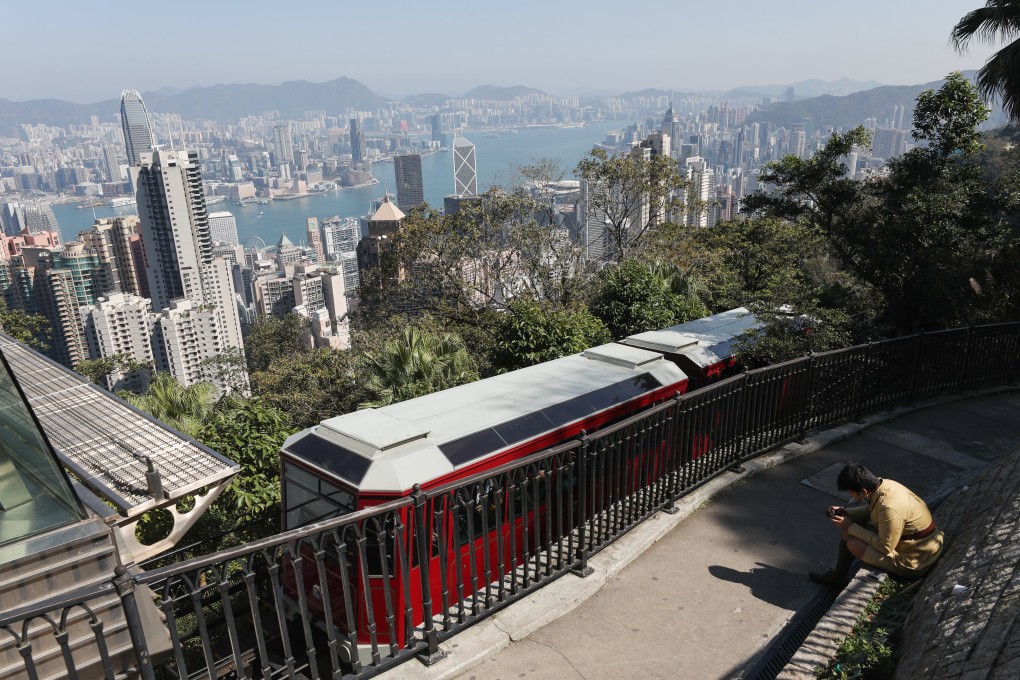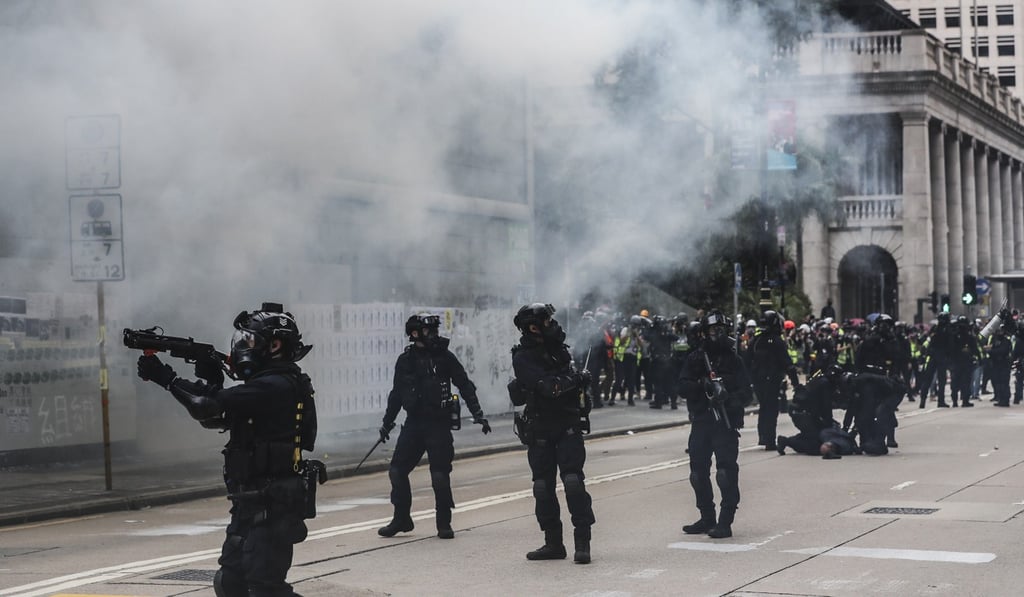Coronavirus is ‘rubbing salt into the wounds’ of Hong Kong’s tourism industry caused by anti-government protests
- Bleak outlook for those earning their living in the sector as double whammy takes its toll
- Wuhan virus slashes flow of visitors just as they started to come back, tour consultant says

Hong Kong tourism has been left reeling from the double blow of the city’s anti-government protests and the China coronavirus, with those working in the sector facing uncertain futures, a leading industry figure has said.
Wong Ka-ngai, chairman of the Hong Kong Tour Guides General Union, said the Wuhan outbreak, which has killed at the time of writing 213 people across mainland China and infected more than 9,356, had severely dented cross-border travel.
His comments came as one agency, the Taiwan Good Travel Company, which is based in Hong Kong and runs tours both locally and on the mainland, revealed it had not arranged a single trip since mid-July.

Michael Chan Sai-tong, who owns the travel agency, said he used to have a dozen tour guides working full-time on the organised holidays.